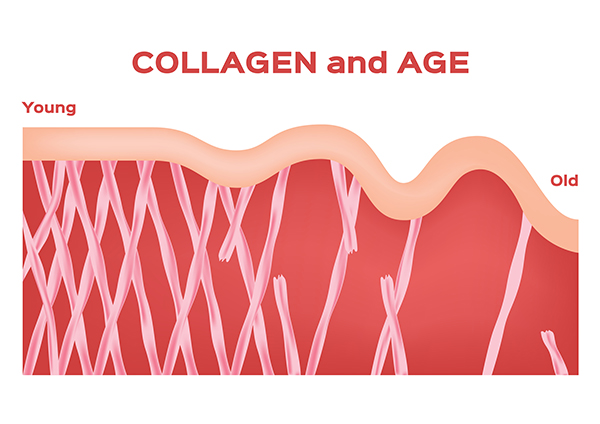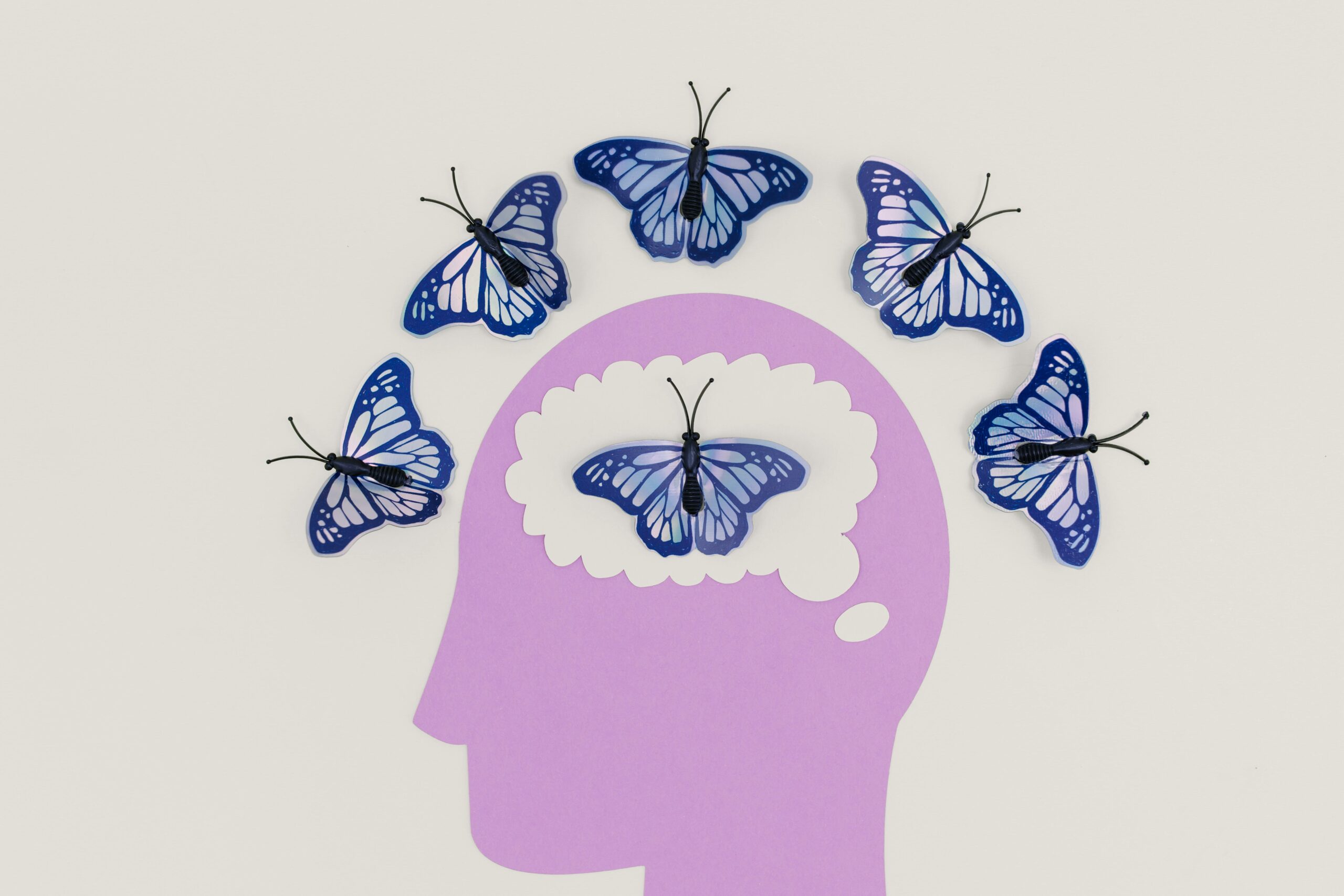What is Collagen and How Can It Help Me?
Category: Healthy Aging

According to Wikipedia collagen is the main structural protein in the extracellular matrix found in the body’s various connective tissues. As the main component of connective tissue, it is the most abundant protein in mammals, making up from 25% to 35% of the whole-body protein content.
To explain further, collagen is the major component of connective tissues that make up several body parts, including tendons, ligaments, skin, and muscles. It’s in your bones, muscles, and blood, comprising three-quarters of your skin and a third of the protein in your body.
As you age, your existing collagen breaks down, and it gets harder for your body to produce more. (Think of it like a scaffolding that holds a building together, only the building is your body). You can help your body preserve and protect collagen by avoiding behaviors that damage it. These include eating excessive amounts of sugar, smoking, and getting sunburned.
Here are just a few benefits of collagen:
- fewer wrinkles, more toned, hydrated skin
- may help lower inflammation and reduce joint pain (less pain and more mobility as you age)
- helps to rebuild damaged gut lining (helps with leaky gut syndrome)
- can regenerate bone and help build muscle and support heart health
- a growing body of evidence provides a rationale for the use of collagen hydrolysate for patients with osteoarthritis
Collagen can be found in a healthy diet including foods such as fish, chicken, egg whites, citrus fruits, berries, red and yellow vegetables, garlic, white tea, leafy greens, cashews, tomatoes, bell peppers, beans, avocados, soy, herbs high in collagen (Chinese knotweed, horsetail, gynostemma), and herbs that help to produce collagen (gotukola, bala, ashwagandha)
Another option is supplements. There are many on the market and the buyer needs to be aware supplements can be made from animal by-products (for example, bones, hoofs, tendons) and some may contain viruses (for example, mad cow disease) and others have had high concentrations of toxic metals found in the preparation. Check the ingredients before purchasing. Ingesting more than 20 grams per day may be harmful according to some dieticians. Most collagen supplements undergo hydrolyzation to form hydrolyzed collagen that makes it easier to absorb and turn into tablets, capsules, and powders.
In researching this topic I have chosen some particular criteria to look for when purchasing any collagen supplement.
- It must contain all 9 Essential Amino Acids (required to support protein and collagen synthesis)
- Only 10 g of Collagen per serving (derived from a grass-fed, pasture-raised bovine source)
- Contains 100% DV of Vitamin C (protects against free radicals and aids in collagen synthesis)
- Contains 100% DV of Biotin (supports healthy hair, skin, and nails)
- Must be 100% Hydrolyzed Collagen (for quicker digestion and absorption)
No one wants an increase in wrinkles, crepey skin, sagging skin, stiffer and less flexible tendons, and ligaments, shrinking and weakening muscles, joint pain, osteoarthritis, gastrointestinal problems, thinning hair, and loss of hair. As we age, our body’s production of collagen decreases dramatically.
I have chosen to supplement after all of my research. Contact me for more information if this interests you. I would love to share what I have learned about it with you.



Facebook Comments